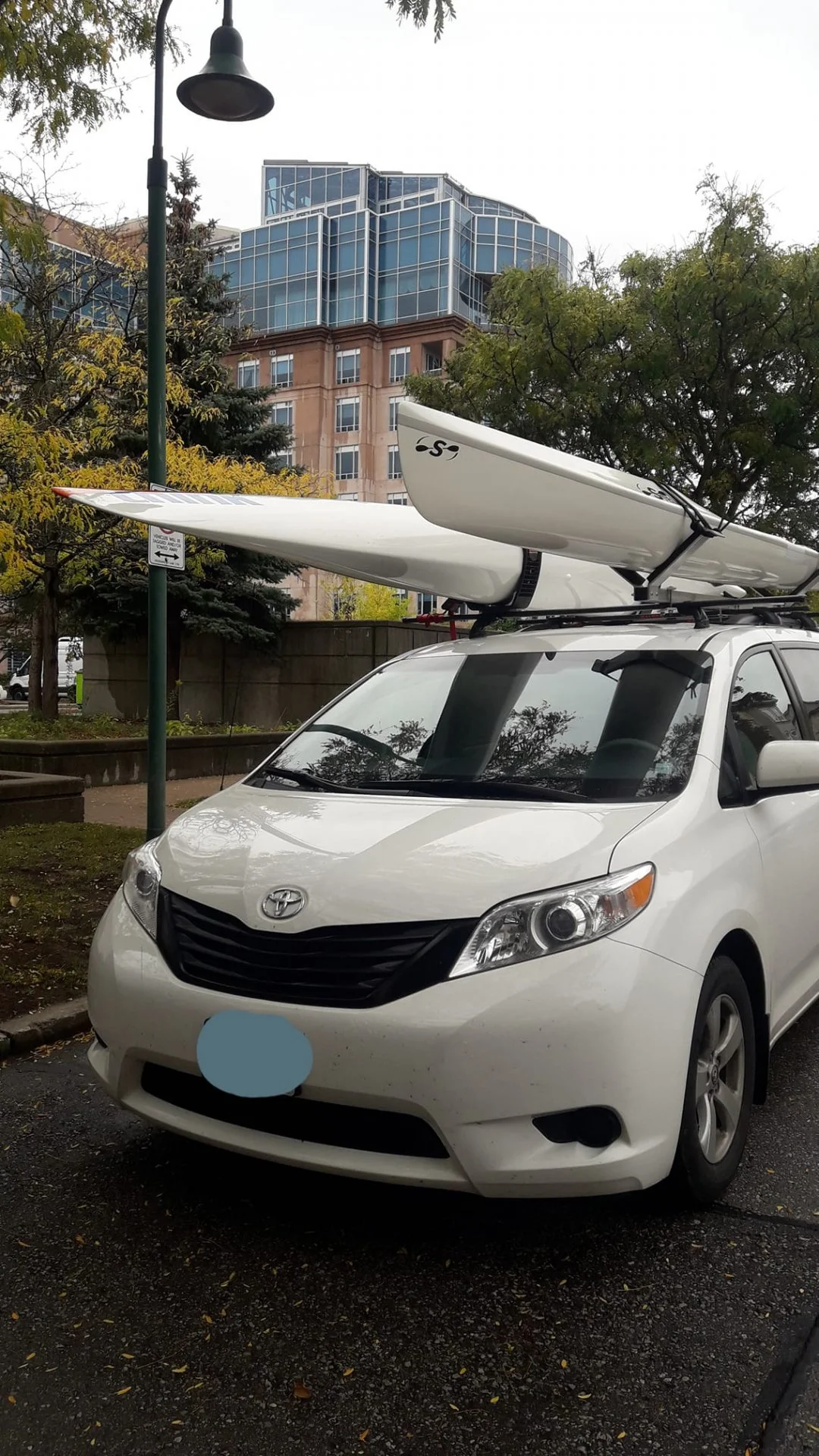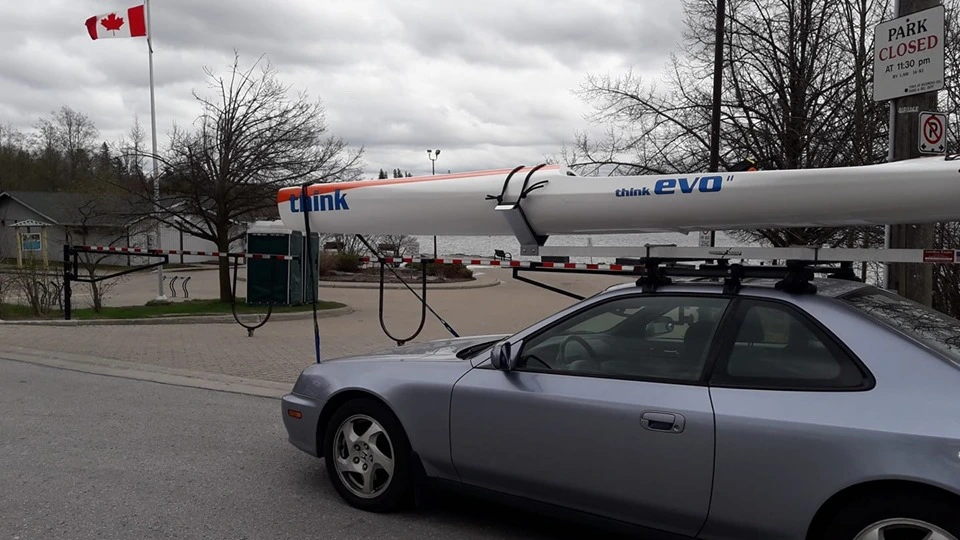This one?
Driving in San Francisco
Yep. "Driving in San Francisco".
When he dies having slipped backwards into the bay. Having to explain it all at the gates of heaven.
Coz: "Me and the Volkswagen slipped into the bay."
St. Peter: "You go to hell!"
Feeling isolated? You're not alone.
Join 20,000+ people who understand exactly how your day went. Whether you're newly diagnosed, self-identified, or supporting someone you love – this is a space where you don't have to explain yourself.
Join the Conversation → It's free, anonymous, and supportive.
As a member, you'll get:
You've found your people. Create your free account
This one?
Driving in San Francisco


One of my specialties is the ability to memorize maps. I zone in on major roads or river or mtn ridges and am able to wander with my visual boundaries in my head.
I often ....we’ll always lead backcountry rides with small groups of off-road motor campers. This is Spring down in West Virginia. People continue to follow me too!
That’s me in the hi-viz jacket. I switched to one of those so drivers have a better chance of seeing me.
View attachment 57525
Ouch. Those infamously underpowered microbusses! I learned through the "school of hard knocks" years ago not to pop the clutch in San Francisco.
Simply avoiding driving there altogether proved to be a better remedy.
Bill Cosby once had quite a funny monologue about driving his VW Beetle in San Francisco.
We have a 1999 Toyota Tacoma which we bought new and now use as a farm truck. It has over 200,000 miles on it, a cracked windshield and some rust spots on the hood but I love it. I drive it when I buy things like bags of soil, garden mulch, lumber, etc. Since it's a Toyota truck, I expect it will live another 10 years at least. I've known people with over 400,000 miles on their Toyotas.
Apparently most North American motorists, even without autism, only drive auto. That's the norm, and I don't understand why stick shift (that's right, with a clutch pedal and floor-mounted gear lever) didn't go out of production decades ago. You have to take one hand off the steering wheel every time you change gear (it is possible to change gear on both velocipedes and motorcycles with both hands on the handlebars) and power to the wheels must also be interrupted with each gearchange.I never learned to drive a manual, but it is on my list of skills to attain. I imagine it will take me a while to learn it, since my coordination and memory are seriously lacking. When my family had a manual Dodge Caravan (another vehicle I loved!), I tried to drive it several times and could never get out of 1st gear.
Apparently most North American motorists, even without autism, only drive auto. That's the norm, and I don't understand why stick shift (that's right, with a clutch pedal and floor-mounted gear lever) didn't go out of production decades ago.